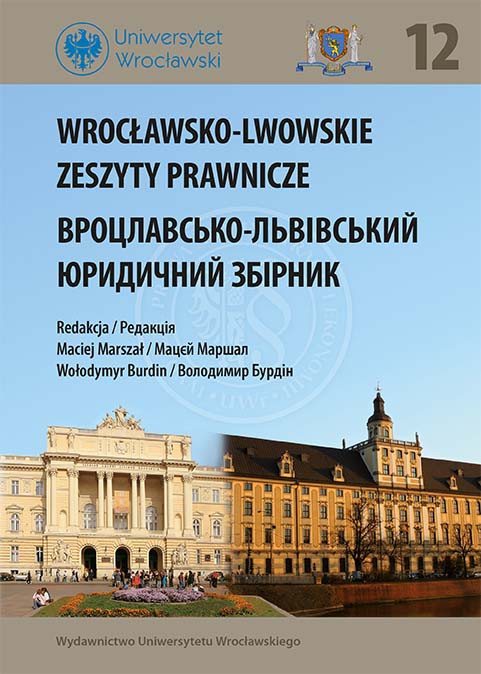Wielka Zapora Odrodzenia Etiopii – zarys problemu
Grand Renaissance Ethiopian Dam – Outline of the problem
Author(s): Barbara MielnikSubject(s): Politics / Political Sciences, Politics, Law, Constitution, Jurisprudence, Inter-Ethnic Relations, Sociology of Law
Published by: Wydawnictwo Uniwersytetu Wrocławskiego
Keywords: Nile; legal regulations; Blue Nile; Egypt; Sudan; Ethiopia; construction of the dam in Ethiopia; sovereign right to the river; right to water; international mediation
Summary/Abstract: In the Nile basin, there has been a conflict between Ethiopia, Egypt and Sudan over the construction of Grand Ethiopian Renaissance Dam (GERD) by Ethiopia. Egypt and Sudan, relying on the alleged historical title to the waters of the entire Nile, are demanding that this project be abandoned, eventually threatening to take military action. For Ethiopia, the construction of this installation is an opportunity for development, as it will contribute to the country’s energy independence and improve the possibility of irrigating farmland. Since 2011, when the announced commencement of the implementation of the plans has been announced, talks between states, supported by third states (even great powers) and international organizations, have been ongoing. So far, no agreement has been reached, although the 2015 Declaration has offered some chance for a peaceful solution. Unfortunately, countries have moved away from it, preferring the less friendly ways of resolving this dispute.In fact, there may be several solutions to the present situation. The first of the most dangerous is an armed conflict; the second is finding an agreement that guarantees the rights of all riparian states; the third is to maintain the status quo, in which no one trusts anyone, states take action on their own, which in turn may lead to the degradation of the Nile. It is also worth noting that none of the conflict states takes into account the environmental effects of the work carried out, or the possible climate changes, leading to extreme phenomena such as periods of very high rainfall and subsequent long periods of drought. The interests and needs of all river basin states are equally important and they all have the right to use the river safely on equal terms, without infringing the rights of their neighbours.Ethiopia has the right to use the waters of the Blue Nile, but under international law, this should not lead to permanent damage to Egypt and Sudan. The question to which we do not know the answer is whether it is possible at all, having in mind the expectations of the lower basin states.
Journal: Wrocławsko-Lwowskie Zeszyty Prawnicze
- Issue Year: 12/2021
- Issue No: 1
- Page Range: 227-249
- Page Count: 23
- Language: Polish

